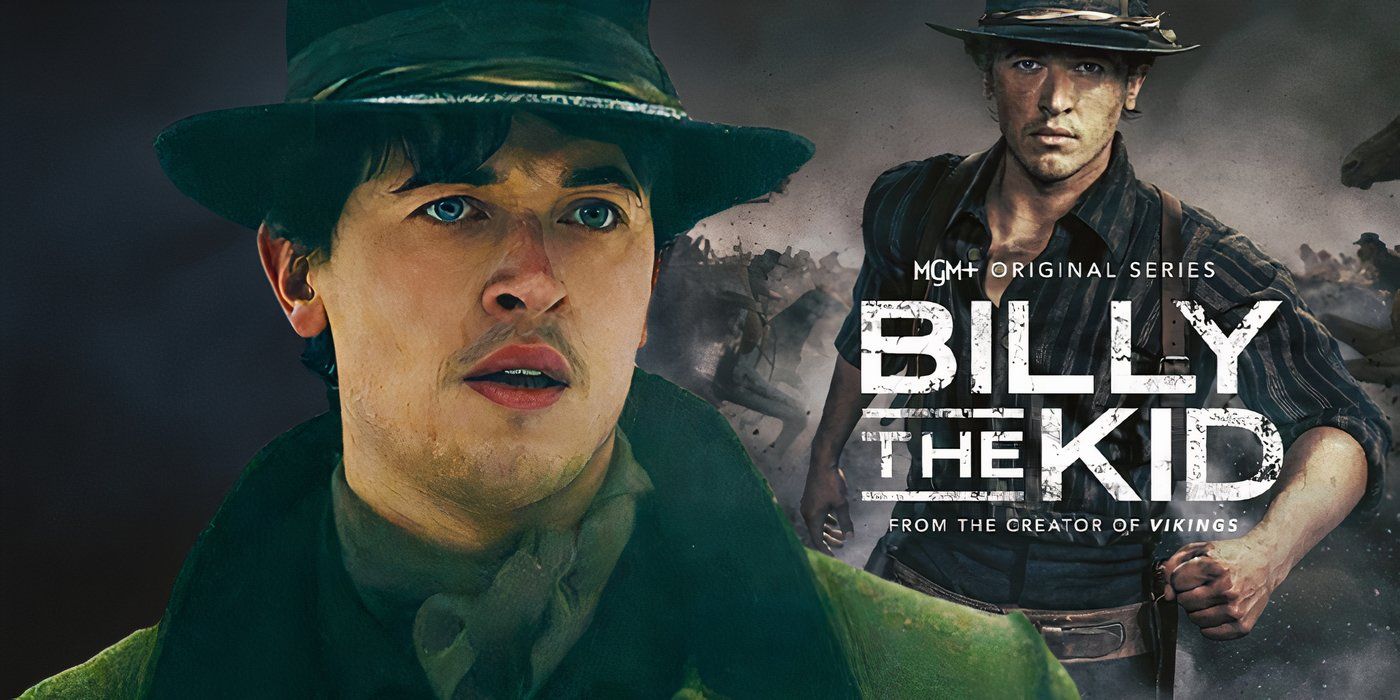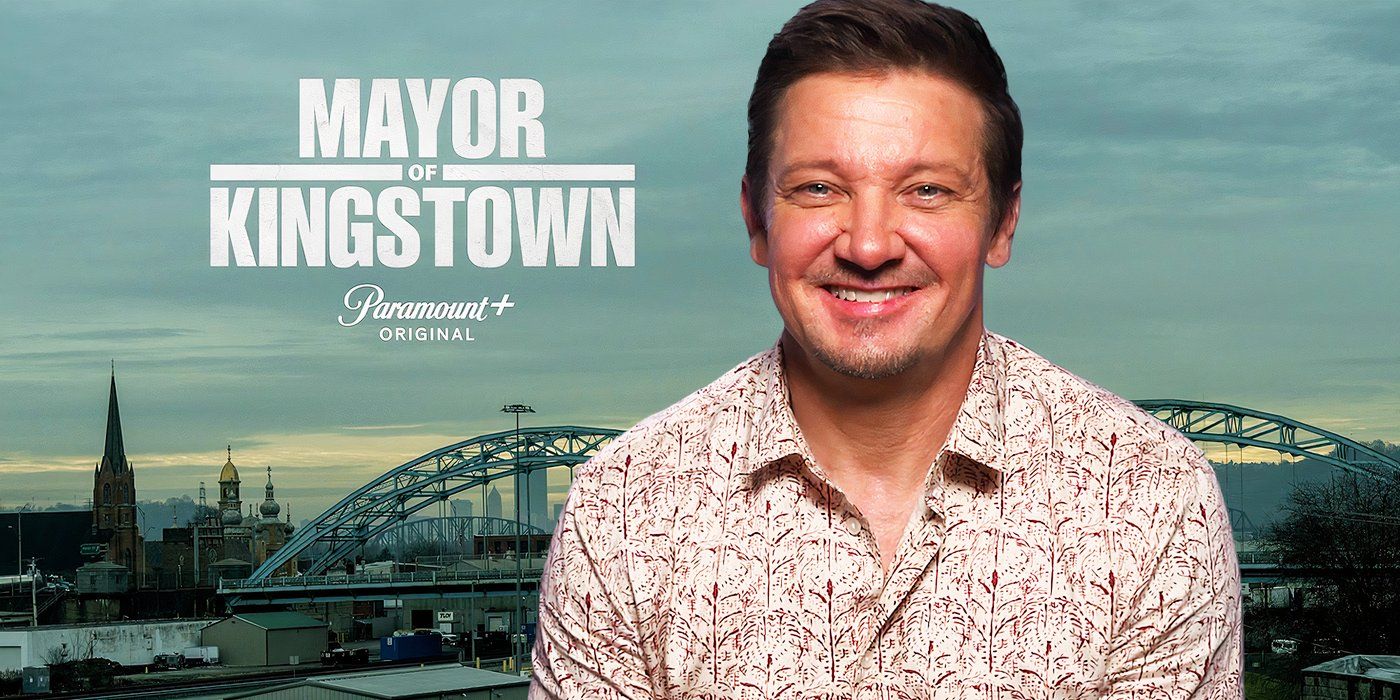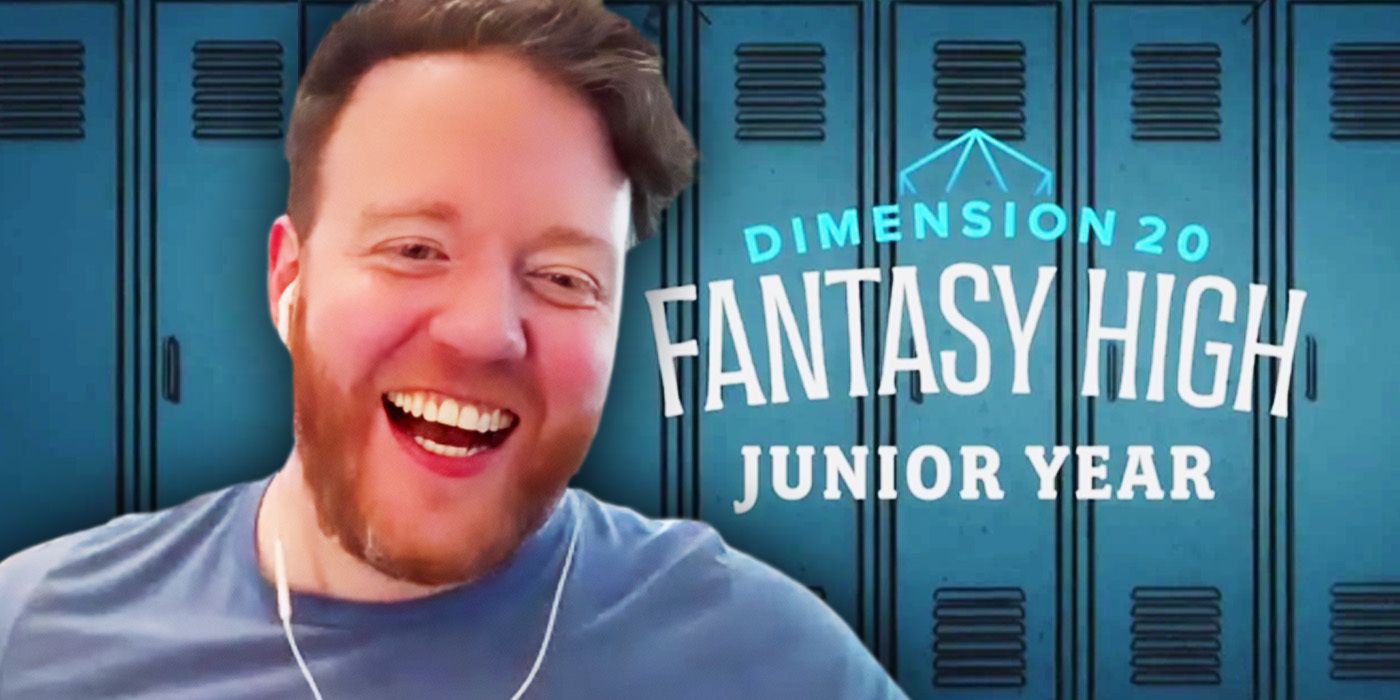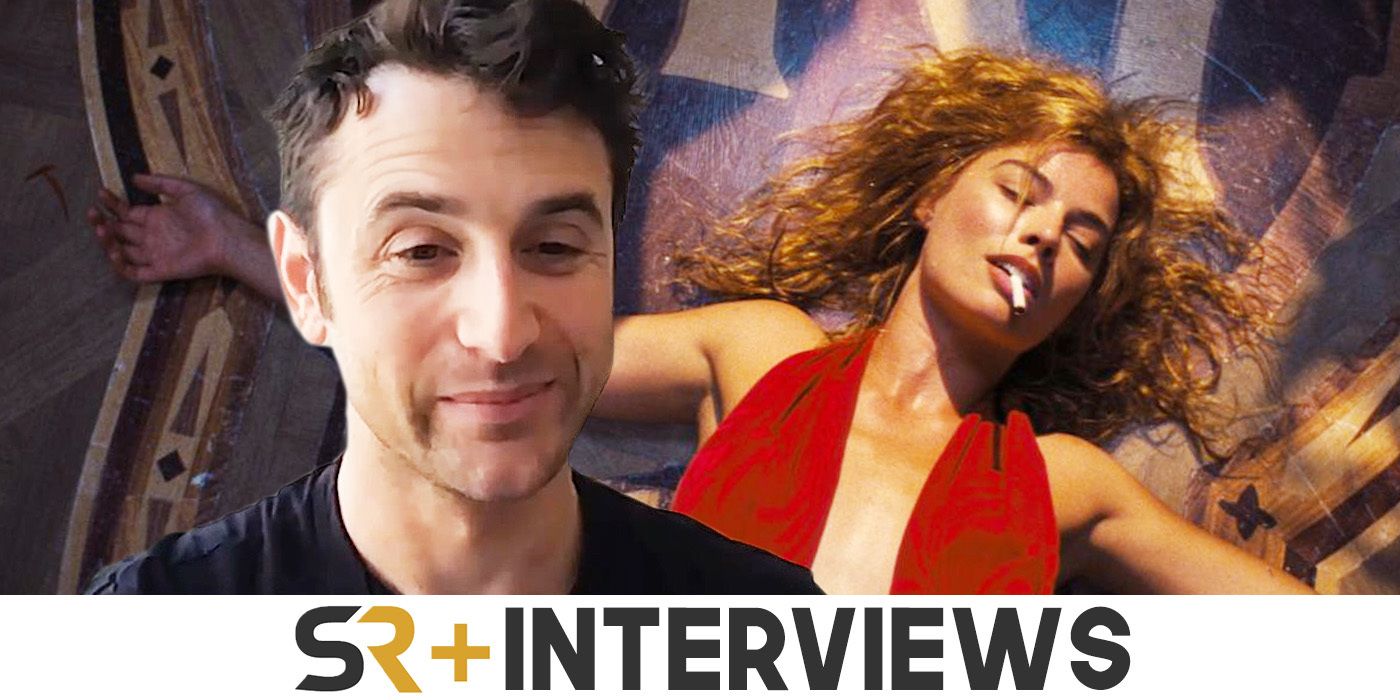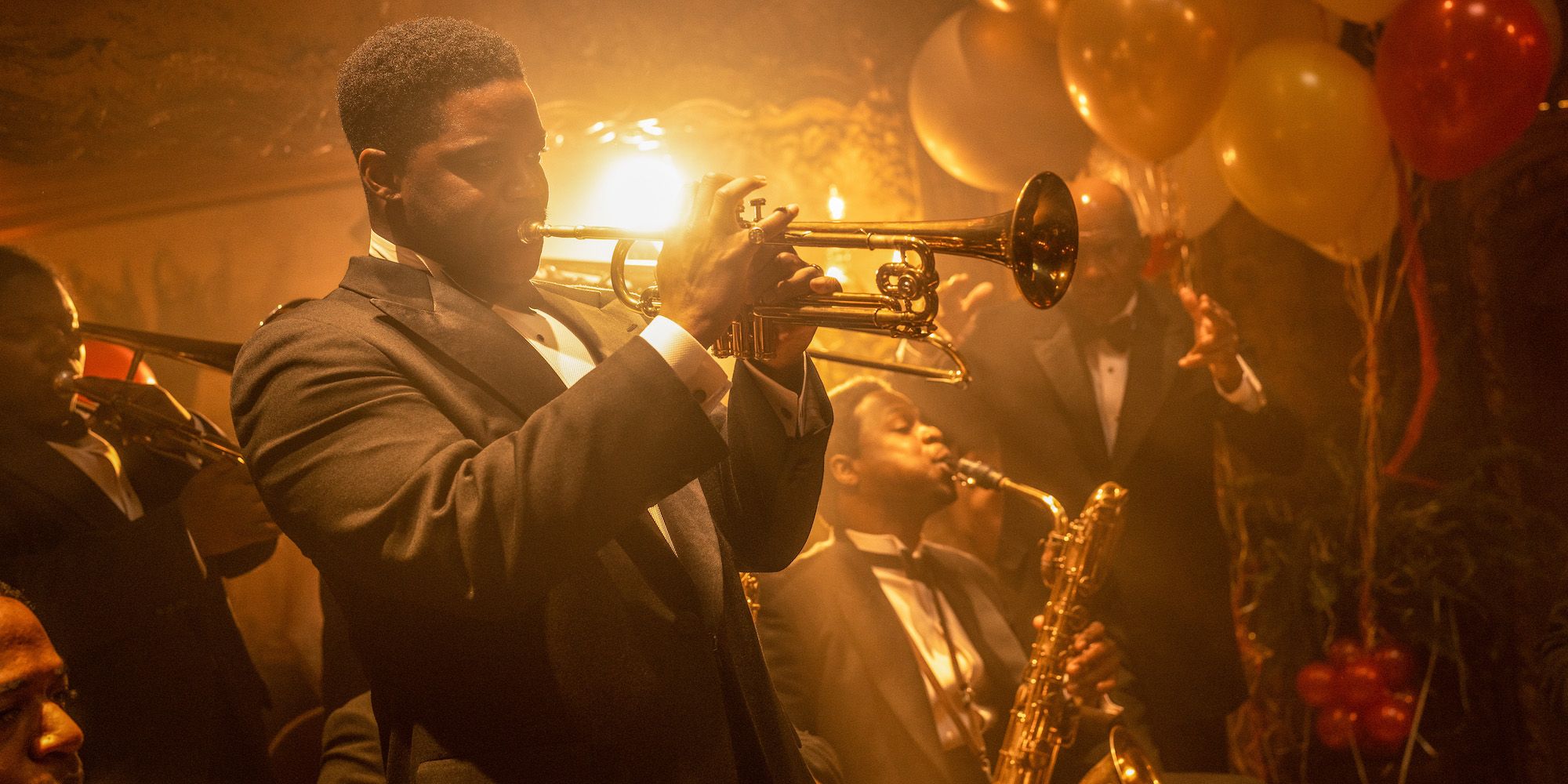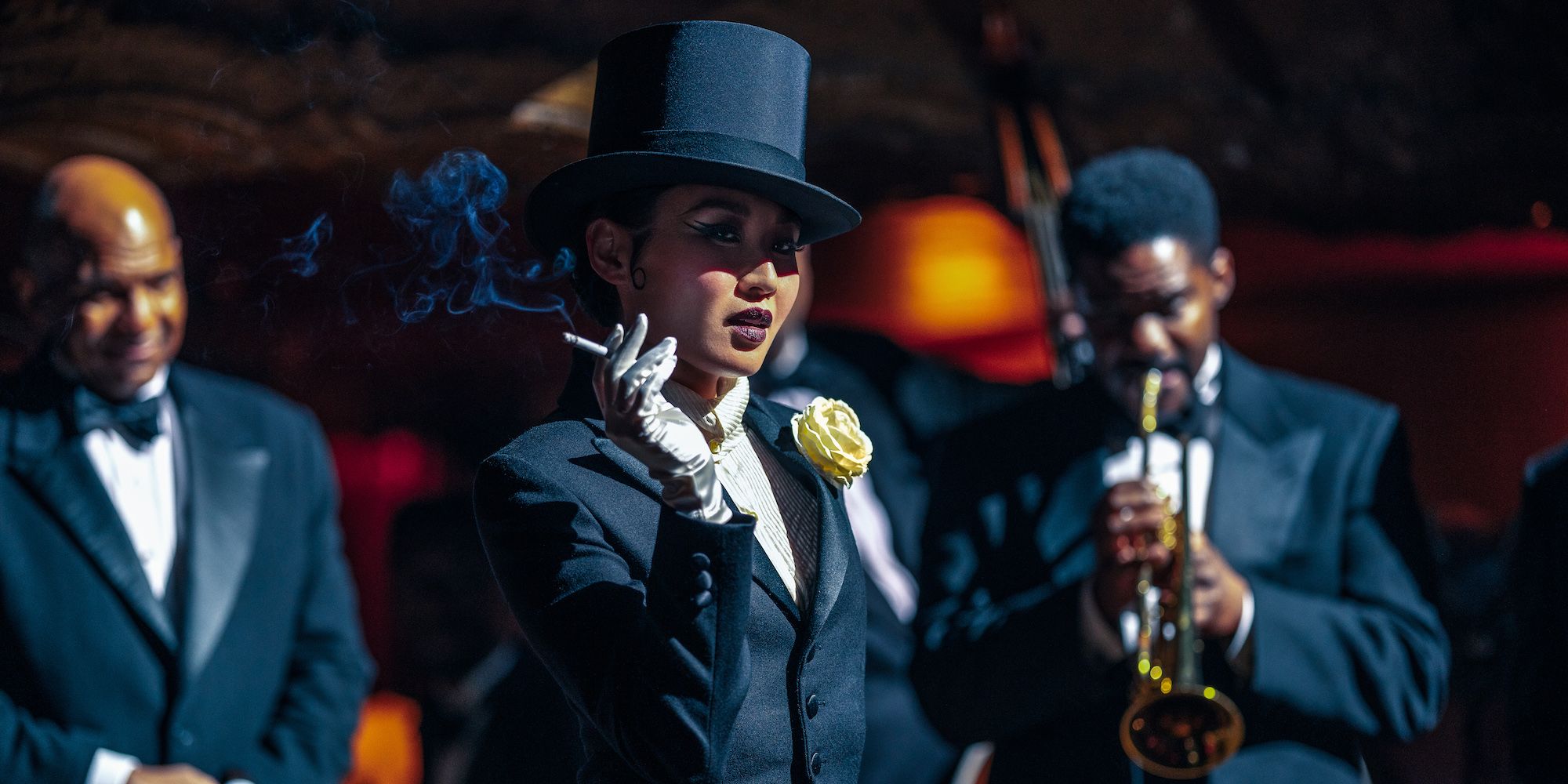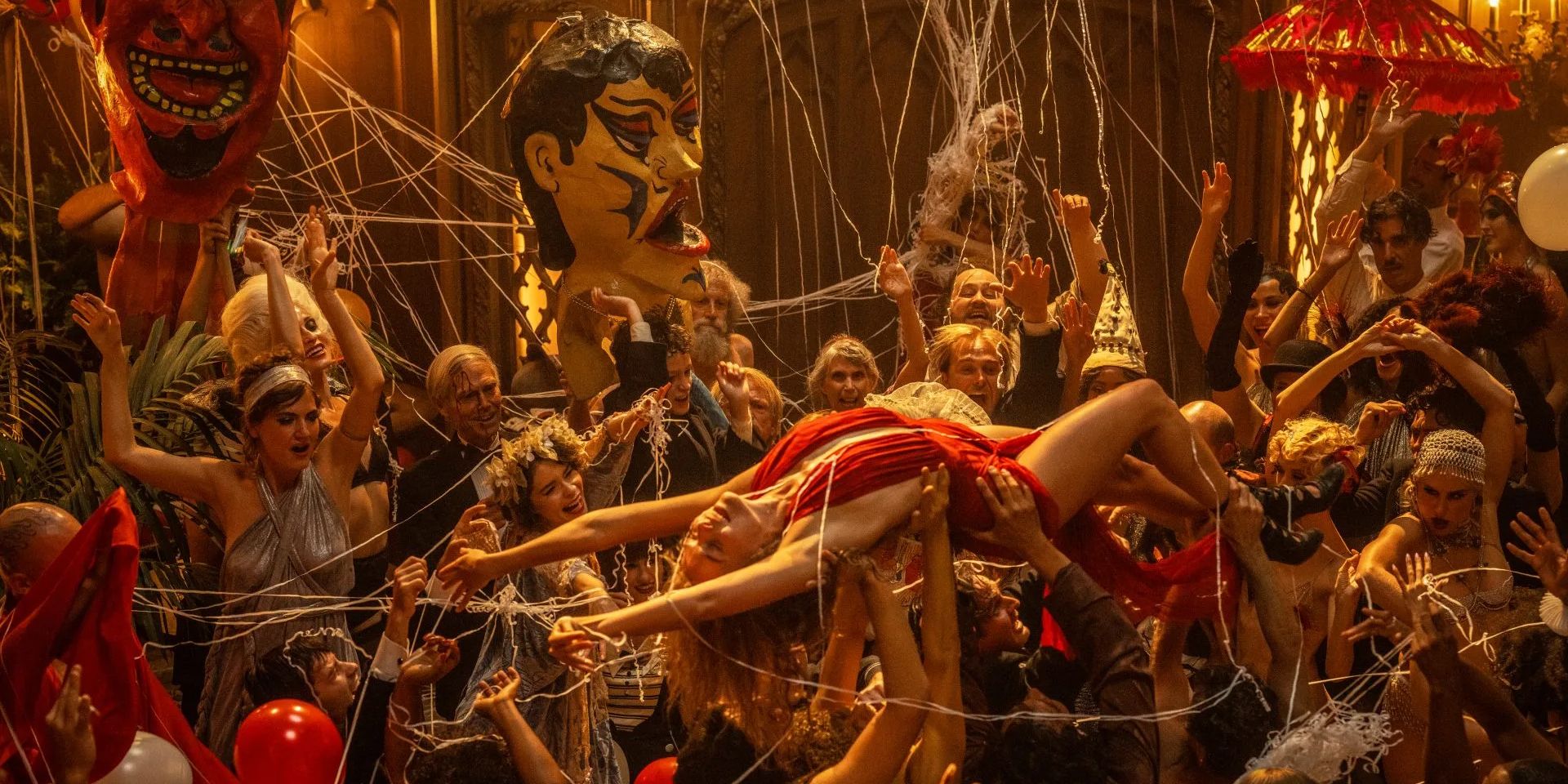Warning: Some SPOILERS for BabylonNow out on digital platforms, Damien Chazelle's Babylon may be one of the more critically divisive albeit lavish films released in 2022. But one aspect of the movie that has garnered near-universal praise is the frenetic and thrilling score by Chazelle's longtime friend and composer, Justin Hurwitz. Whereas Babylon is a product of years of research on Chazelle's part, Hurwitz chose not to emulate what is known of music from the 1920s in creating his score. Instead, Hurwitz leaned on a wide range of influences in order to create a sonic landscape that felt as daring and evocative as the film itself. Although Justin Hurwitz has consistently contributed fantastic music to all of Damien Chazelle's films, the composer's work on Babylon has already been recognized in its own right in the form of a Golden Globe win and Oscar nomination.
Even as Hurwitz hurdles toward the Academy Awards with Babylon, exciting news recently revealed that his La La Land songs will soon be heard on Broadway in an upcoming adaptation of the film. The creative team behind the music of La La Land - Justin Hurwitz, Benj Pasek, and Justin Paul - will return for the musical, which will be directed by Bartlett Sher and feature a book by Ayad Akhtar and Matthew Decker. While Damien Chazelle's involvement is still unclear (even to Hurwitz himself), the involvement of the film's original songwriters is a promising sign.
In celebration of the film's recent digital release, Justin Hurwitz spoke with Screen Rant about the process of scoring Babylon and the exciting new La La Land Broadway musical currently in development.
Justin Hurwitz on Babylon
Screen Rant: I just saw the announcement about the La La Land Broadway adaptation. I know you and Damien work famously close with each other, but I didn't see him listed as directing the musical or writing the book. Is your collaboration shifting?
Justin Hurwitz: No, I don't think anything's shifting. [For] Damien's next movie, I'll dive in and be as obsessed with working on his film scores as always. I think just because this is stage, it's sort of a different thing. I think Damien will closely oversee the whole thing, and hopefully make sure that as the book comes together, as the direction comes together, and as my new music and Pasek and Paul's new lyrics come together, we're all on the right track and doing justice to his film.
I don't know how involved he's been so far in the writing of it; it takes a lot of adaptation to convert what was written for a movie, and what was made with cinematic language. So much of his movie is cinematic language; it's the long shots, and the Steadicams, and the cranes, and all of that. Stage is such a different art form that there are directors that just know how to use the stage and re-imagine stuff. That's my understanding of why it's different people, but I think and I hope Damien's going to definitely be very involved in it as it comes together.
And I'm sure things are shifting by the moment, but are there any areas you can hint at where you're excited to expand on things for the musical format?
Justin Hurwitz: I haven't started yet. I know the book is being written. I haven't seen it, [and] I don't think Damien seen it yet. Pretty soon, we'll have to see where it's at, and then I'll dive in, Pasek and Paul will dive in, [and] like I said, hopefully Damien will do whatever he wants to do with it. I know very little about it; I just know that pretty soon, I'm told, we're going to have to dive in. It's going to take a lot of work. It'll need more songs, It'll need a lot of re-imagining, because it's a new art form. It'll be a lot of work, but I just haven't started yet.
Onto Babylon. So many film scores sound very clean, and obviously, they're played by the best musicians in the world. This one feels so human and raw, and like you got incredible musicians and then pushed them to really do something amazing. Was that part of the mission statement behind the score?
Justin Hurwitz: It's never been as huge a part of my process to select the musicians as carefully as on this one. [For] this one, I got really involved in looking for the right musicians. YouTube was one of the places I went, and we ended up with musicians who are total legends, who lots of people know, [and] who I should have known. I just don't know the jazz scene as well as other people.
Sean Jones is a total trumpet legend, but I first saw him play on YouTube. I was like, "Oh, that's the guy. How do we track him down?" He's so busy touring, and teaching, and all these other things; it took a few years to get him to come to LA. Other incredible musicians who I was not familiar with but are just incredible [were] Dontae Winslow, a trumpeter from LA, Ludo Lewis, another trumpeter, Leo Pellegrino, a baritone sax player who's known. He's got this band Too Many Zooz, and there were videos of Leo dancing in the New York subway - literally dancing while he plays his sax, spinning around, and kicking. I went searching for dance music on a sax because that's what we were demoing.
One of our early ideas was dance music on acoustic instruments like a sax. I was playing all it all virtual instruments, and then I went on YouTube being like, "Who plays dance music on a sax?" and this guy Leo does exactly that. We got him to record. This amazing saxophone player Jacob Scesney plays all these improvised solos with these real screaming, wailing techniques he uses. So [I found] lots of really special musicians with really special voices, [and] got them all together.
I love that you're calling it "human," because we tried to let them bring their voices, bring their authenticity to it, [and] really be themselves. There's a ton of editing and mixing that goes into it, but we try not to clean stuff up too much. I don't like when things sound like they're perfectly on a grid, almost like it's all programmed and electronic. If you're bringing great, great musicians in to record, let it be real, and let it breathe, and let it let there be imperfections in it. That's what real music is; it's full of beauty, and imperfection, and humanity.
There are also a lot of elements where I've made it messy on purpose. Something Damien would always talk about with the bands playing at the parties is, he always used the word "unhinged", or he talked about going off the rails. "Going off the rails" was a phrase he used a lot, so a lot of times, we were pushing the band to go faster, faster, faster. Even in the scores, I've written things that are intentionally at different tempos than the rest of the band. You might have the band going at 140 BPM, but then I've written a part like, "metal bucket, quarter notes at 94 BPM," so just somebody hitting a metal bucket at a completely different tempo. There are a bunch of things like that, where I've intentionally layered things that are at the wrong tempo or in the wrong key just to create that messiness, and create that controlled cacophony in some of these tracks.
That sounds like it'd be a fun score to look at. I really love Manny and Nellie's Theme, and how many different ways it comes in and out of the score with different instruments and at different tempos. Because the story of this movie is so sprawling, did you make an effort to drill the theme in to keep everyone grounded as the story was going on?
Justin Hurwitz: Something Damien and I always love doing is seeding melodies and themes, and then calling them back, and bringing them back, and having them belong to characters or ideas, and using them in really purposeful ways. Whenever they come back, they have meaning. In this movie, pretty much all of the melodies are planted at that Wallach party, that first party, and they belong to different characters and the introduction of different characters and different ideas. Then we bring them back, often in very disguised form. Sometimes we really twist them so probably people don't even hear the connection, but maybe subliminally they feel it.
"Voodoo Mama", which is the track that Nellie dances to - it's her big dance track at that party - that riff that's played originally by real heavy unison horns, we bring back in disguised forms in a couple of the cues. At the end of the movie when they go into the block house, which is that really creepy dungeon, there's music that's horror music, almost. It's, like, droning male vocals - kind of Gregorian vocals. I found this guy on YouTube - he was on Britain's Got Talent and Georgia's Got Talent. He might be from Romania, or Georgia, or somewhere in that part of the world, and he does alien voices; he recorded all these alien voices. The cue is that, but then underneath that cue there are these pitched gongs calling back the "Voodoo Mama" theme to tie it back to Nellie, because Nellie is why they're here. Nellie is what matters in this part of the movie, if this plan doesn't work.
With the Manny and Nellie theme itself, the romantic theme, we try to paint that across as much of the movie as we can. Certainly [in] any scene that has them together, we are calling back that theme, so it continues to evoke their relationship and the messy romantic feelings of their relationship. We also use it in uptempo versions; it is the baritone sax solo that Leo recorded. We use it in an uptempo version where we can, and then we use it for the Manny/Nellie romantic scenes, slowed down quite a bit, harmonized to give us more of a bittersweet quality, and [with] instrumentation that really just belongs to those two characters.
Any time those two characters are together, we have instrumentation that belongs just to them, which is three pianos mixed together. The first piano is a very beautiful, mellow Steinway; a mid-size grand piano. [It's] not too big and majestic and not too small; just a mid-sized Steinway. The second piano is a spinet piano, a small piano that's been treated with tacks in the hammers to give it a twang, and then has been de-tuned a bit so it's a little bit out of tune. The third piano is a very, very out of tune upright. When you mix these three pianos together, you get the sweetness from the one piano, you get the sourness from the other two pianos, and it creates this sort of fragile, broken quality that just felt like their relationship to us. So, we're calling back material that we've planted and that has been used elsewhere, but we're giving it its own tempo, its own instrumentation, its own "out of tune" quality that belongs just to these characters, that just felt like their relationship. Whenever possible, we're trying to tie things to each other and call things back when we can.
I think one of the most powerful moments in the movie is probably when Sidney plays "Damascus Thump." The music is so driving and dark, and it feels like an extension of his mind at the time. Was it a challenge at all to come up with something that seemed realistically like it could be played on stage, but also kind of work as underscore?
Justin Hurwitz: That was one of the trickiest cues, because like you say, it is a performance. We have to believe it could come from a band, even though like so much of the other music in this movie, it's not 20s jazz, and doesn't sound like what you'd expect. It is the instrumentation of a couple of trumpets, a few saxes, and a rhythm section. It's built, again, around a real driving riff. So many other tracks in this are built around kind of rock-and-roll riffs. This one is even simpler; it's just this tri-tone riff that drives the whole thing. Then, you have the trumpet solo over the top, which is this very aggressive, grating solo because he's going through something. He's been asked to do something very unpleasant, very humiliating, so we have to get inside of his head and understand his anger and his pain.
Also, this piece of music carries us into some other storylines. You see Jack racing down the highway in his car to go confront Irv Thalberg. Jack is pissed off for his own reasons. You have Manny marching down the hallway. He's lost Nellie, he's having problems with Nellie. Then, of course, the Sidney storyline is the main storyline going on in this sequence. You have all these characters who are on their own missions, they're all angry about something, and it had to serve as score for these other parts, but most importantly, you had to get inside Sidney's head and understand his anger.
My favorite part of the sequence is [when] the trumpet solo stops at one point. He drops out, and the band just keeps going with the riff, and Damien pushes in, pushes in, and pushes in on his face as he's debating, like, "What am I going to do? Am I going to finish the song?" I think that's what he's thinking. I don't think it's spelled out - maybe it is in the script - but that's my interpretation of his thinking. "Should I walk off the set? Should I keep going? What am I doing here?" [The camera] pushes in, pushes in, and then he picks his horn back up and finishes, and goes higher and higher and higher, and the song gets faster and faster, and he ends with this big squeal. At that point, he wipes his face, and he gets out of there, and quits. [He] never comes back to the studio. That's just a pure acting moment for Jovan Adepo, as we push it on his face. It's just such a such an incredible piece of acting, so I just had to clear space for that. The trumpet's gone, the riff just goes underneath it, and we're just creating - I don't know how many seconds, but a good amount of time for Jovan to just be an incredible actor in that moment.
Finally, I read one of your interviews where I think you were a little frustrated at being almost pigeonholed as the "jazz composer" sometimes. Obviously, your music for First Man is so not that, and it's beautiful. Is there a score that, in the back of your mind, would really love to write for a future project?
Justin Hurwitz: That's a good question. I do hope to get to explore new things. I'm waiting to hear what Damien wants to do next; I think he's thinking about what he wants to write next. I love learning new things. On First Man, it was good to get away from jazz, and it was good to learn. I'd never used anything electronic, really, so to get to use the theremin, to get to use some modular synthesizers, [and] to get to play around with plugins and other production ideas was really fun. There are people who have spent their whole life learning that stuff, and I want to get better at it, so hopefully, I'll get to explore more production and electronic things; I would love to get better at that stuff.
Genre-wise, maybe an action movie or an adventure movie or something like that would be fun. I'm just committed to whatever Damien does, so whatever he wants to do, I'll do it. But I do love exploring new things, and learning new genres, and new ways of writing music, so hopefully with each movie, there'll be something new to explore.
About Babylon
From Damien Chazelle, BABYLON is an original epic set in 1920s Los Angeles led by Brad Pitt, Margot Robbie and Diego Calva, with an ensemble cast including Jovan Adepo, Li Jun Li and Jean Smart. A tale of outsized ambition and outrageous excess, it traces the rise and fall of multiple characters during an era of unbridled decadence and depravity in early Hollywood.
Check out our other Babylon interviews:
Babylon is available now for rent and purchase on digital platforms, with a 4K, Blu-ray, and DVD release date is set for March 21.


